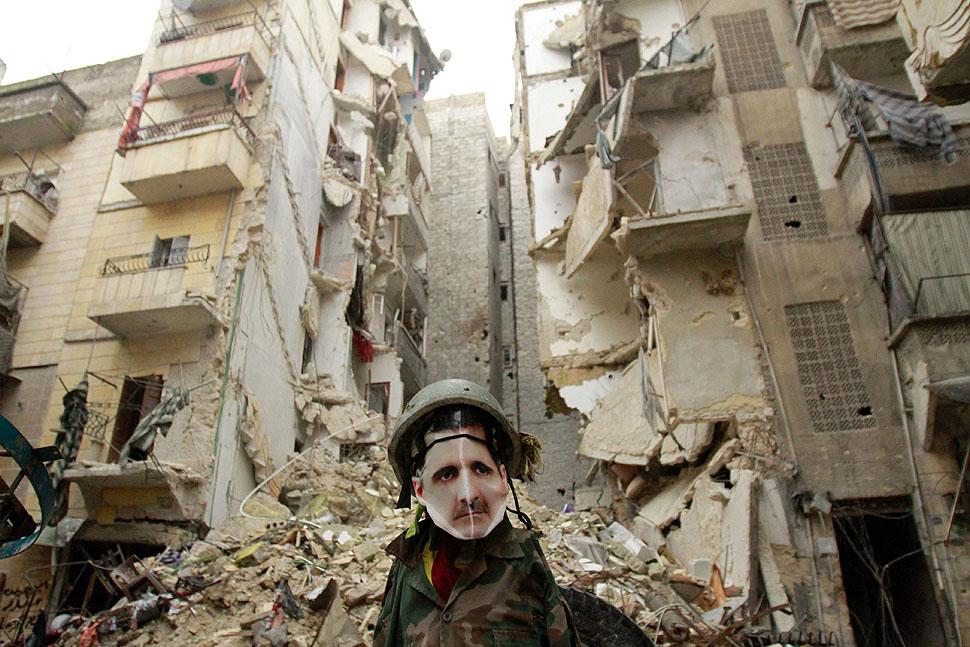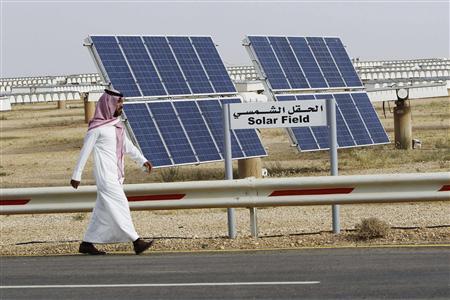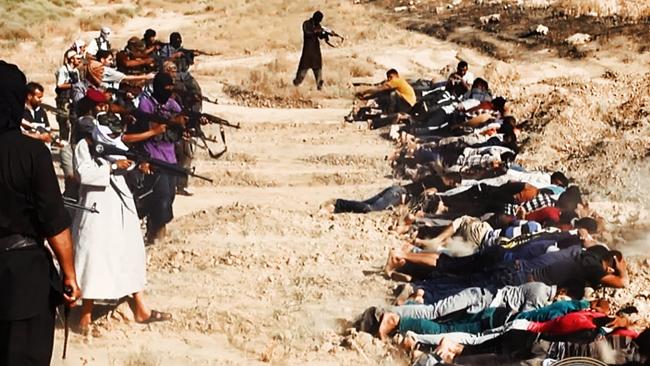It would be putting it mildly to say that Saudi Arabia is, in numerous ways, a tale of two countries.
It’s an American ally and an incubator of anti-U.S. terrorism. A modern global financial player with a government that executes floggings and beheadings. A wealthy nation run by rich royals in which about a fifth of the citizens live in crushing squalor.
Within this unusual political reality, Saudi Foreign Minister Adel Al-Jubeir believes the Middle East is not in historically bad shape. (Richard Engel disagrees.) In a Spiegel Q&A conducted by Samiha Shafy and Bernhard Zand, the politician discusses his nation’s contentious relationship with Syria, Yemen, Iran and his big-picture view of the region’s tumult. The opening:
Spiegel:
Mr. al-Jubeir, have you ever seen the Middle East in worse shape than it is in today?
Adel Al-Jubeir:
The Middle East has gone through periods of turmoil before. In the 1950s and 1960s, there were revolutions. When monarchies were collapsing in a number of countries, we had radicals and we had Nasserism. Today it’s a little bit more complicated.
Spiegel:
The most complicated and dangerous situation, obviously, is the one in Syria. What does Saudi Arabia want to achieve in this conflict?
Adel Al-Jubeir:
I don’t think anyone can predict what the short term will look like. In the long term, it will be a Syria without Bashar Assad. The longer it takes, the worse it will get. We warned when the crisis began in 2011 that unless it was resolved quickly, the country would be destroyed. Unfortunately, our warnings are coming true.
Spiegel:
What do you want to do now that the Assad regime has gained the upper hand?
Adel Al-Jubeir:
We have always said there are two ways to resolve Syria, and both will end up with the same result: a Syria without Bashar Assad. There is a political process which we are trying to achieve through what is called the Vienna Group. That involves the establishment of a governing council, which is to take power away from Bashar Assad, to write a constitution and to open the way for elections. It is important that Bashar leaves in the beginning, not at the end of the process. This will make the transition happen with less death and destruction.
Spiegel:
And the other option?
Adel Al-Jubeir:
The other option is that the war will continue and Bashar Assad will be defeated. If, as we decided in Munich, there will be a cessation of hostilities and humanitarian assistance can flow into Syria — then this will open the door for the beginning of the political transition process. We are at a very delicate juncture, and it may not work, but we have to try it. Should the political process not work, there is always the other approach.•





